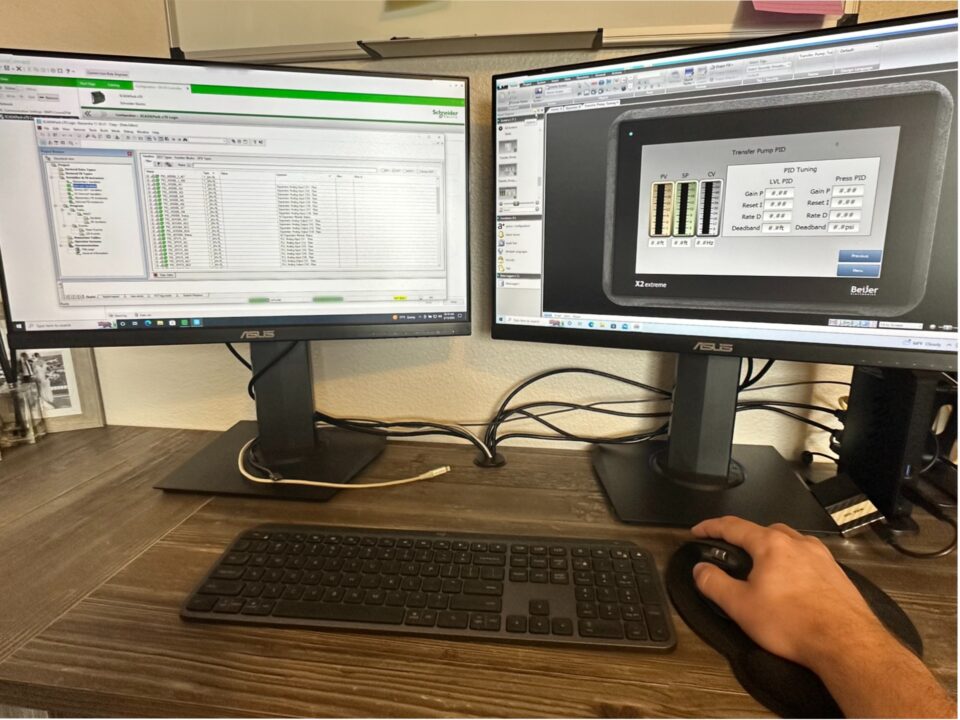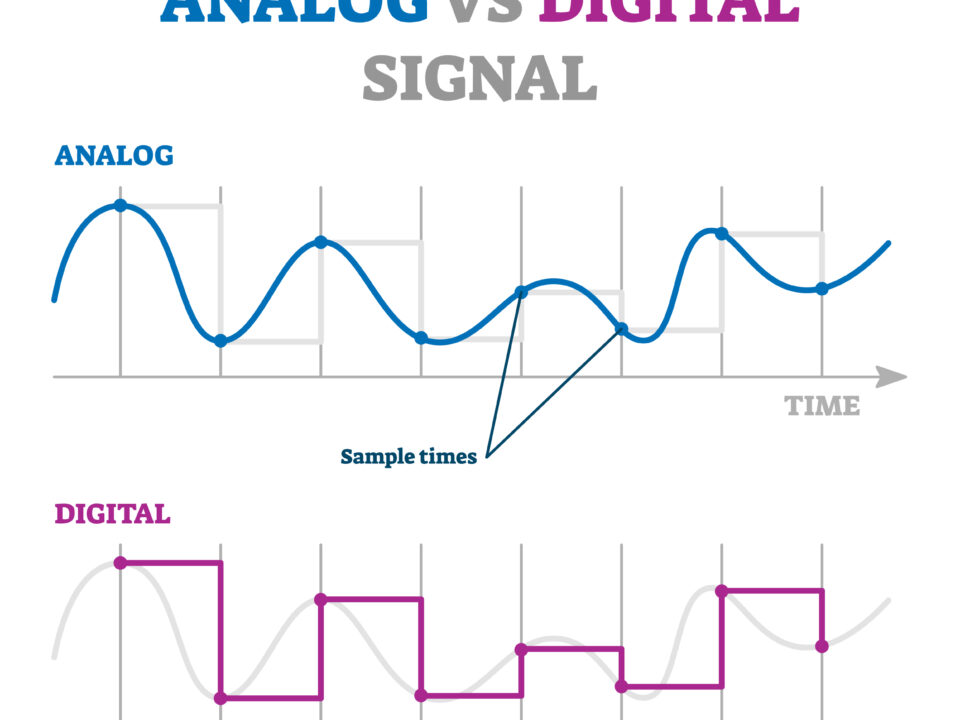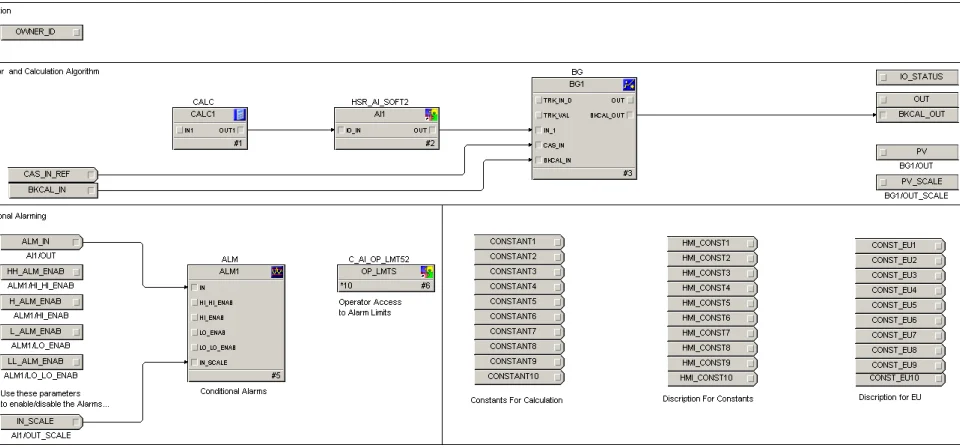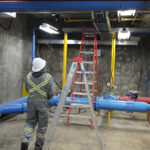
The Shortage Of Junior-Level Industrial Automation Technicians In Oil & Gas
March 9, 2022
Supply Chain Issues For Electrical, Instrumentation & Automation Equipment
March 21, 2022A look At CSA, UL And ETL Certification
As you’ve probably noticed, electrical products in Canada, The U.S., and around the world are marked with safety certification labels. Recognizable CSA, UL/ULC, and ETL logos are seen daily, on countless electrical products by consumers all over the world.
These simple logos inform consumers that a product has been verified as safe for operation in a particular jurisdiction. It sounds simple on the surface, but this system is made up of strictly regulated testing facilities, standard-developing organizations, accrediting bodies, and committees made up of thousands of technical experts to ensure that a product is safe once it reaches the end user.
The stickers are provided by Nationally Recognized Testing Laboratories (NRTLs) which are responsible for ensuring the safe operation of electrical products in Canada and The U.S. NRTLs assess the manufacturing process and the final product to ensure that it’s built to comply with the standards associated with its product category. Manufactures face strict testing procedures and surprise audits from NRTL’s to ensure they are always following the guidelines.
NRTL’s are part of a free and open market in which private corporations can enter for profit purposes. Held to extremely high standards, these organizations are responsible for ensuring their customer’s products meet and exceed the standards laid out by the Standard Development Organization in that jurisdiction. The competitive nature of this market is of intentional design to help with speed and effective delivery of the certification service.
Standard Development Organizations (SDO’s) create the standards to which products are tested against to ensure their safe operation. SDO’s are accredited organizations with thousands of industry experts whose expertise, technical knowledge and overall competence in their field make up special committees to review and create appropriate standards for products sold in their jurisdiction.
In essence, SDO’s make up the actual standards while NRTL’s are hired by manufactures to interpret those standards and ensure their products are built to the degree of safety that is required of them.
Some of these organizations act both as an SDO as well as an NRTL. For example, UL/ULC creates standards as well as certifies products to those standards. However, the testing required for certification is the same for all NRTL’s which means the actual stamp (ETL vs UL) is held to the very same standard.
From a certification point of view, CSA, ETL and UL are interchangeable and there is no difference when it comes to compliance with the safety standards they are certifying to.
A Look at Each Organization:
CSA – The “Canadian Standards Association” is both an SDO and an NRTL. They help develop standards and are also able to work with manufactures to ensure products meet and exceed the safety standards. CSA often applies to industries within Canada but is also recognized globally for its excellence.
CSA is accredited by the Standards Council of Canada and American National Standards Institute (ANSI).
They have over 10,000 volunteer experts and more than 1,300 committees focused on standards development.

ETL – The “Edison Testing Laboratory” is owned by Intertek and is an NRTL, recognized by the Occupational Safety & Health Administration and is accredited as a Testing Organization and Certification Body by the Standards Council of Canada. Some of the standards ETL can test and certify to in the North American Market are: ASME, ASTM, ANSI, CSA, NFPA, NOM, NSF, UL/ULC
With more than 43,800 employees in 1,000 locations in over 100 countries, Intertek provides quality assurance on a global scale.
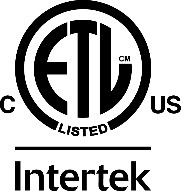
UL/ULC – “Underwriters Laboratories” is both a SDO and an NRTL. UL/ULC helps to develop standards and can also be employed to certify products safe for use in The U.S. and Canada. UL is often mistakenly only associated with certification in the U.S but it also has the ULC stamp which is a Canadian certification. UL/ULC is generally recognized globally as a leader in electrical safety.
ULC Standards is accredited by the Standards Council of Canada as a consensus-based Standards Development Organization under the National Standards System of Canada.

